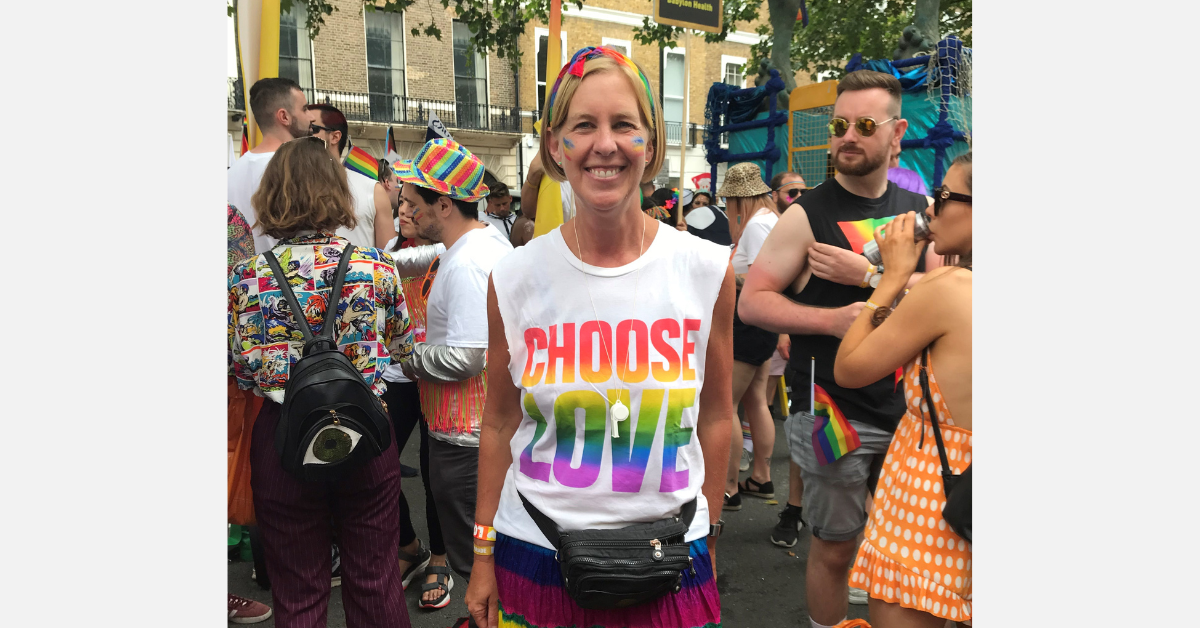Same sex marriage has only been legal in parts of the UK for eight years; same sex couples were only granted equal rights to adopt in 2002; lesbian couples were only given equal access to IVF in 2008; transgender people were only legally able to change their sex in 2004; and private and consensual acts of male homosexuality on the Isle of Man were only decriminalised in 1992.
This sad history lesson illustrates just how nascent any semblance of equality is for the LGBT+ community. While we can celebrate many of these archaic and wrong legal limitations have been overturned, their legacy remains and the impact on the personal and professional lives of the LGBT+ community lingers.
We all bear responsibility to help change this and initiatives such as LGBT+ History Month help ensure these issues remain at the fore. Like Pride in 2020, LGBT+ History Month has had to go virtual – and without these in-person events it is more important than ever that we show visible support to our LGBT+ friends and colleagues.
We must all be aware that we likely have colleagues who still feel unable to bring their whole self to work for fear their sexual orientation will negatively impact how people view them. This can have huge ramifications not only for someone’s professional life but can also start to cause issues in their personal life too.
Mental health charity, Rethink Mental Illness, estimates LGBT+ people are one and a half times more likely to develop depression and anxiety compared with the rest of the population. For this reason, we are still far from finishing our mission to make the industry truly inclusive and diverse.
How to be an ally
Initiatives such as employee networks for colleagues who identify as LGBT+ and their allies are fantastic and ensure there is a place where we can work together to guide, support and educate each other around the important issues that impact LGBT+ colleagues and amplify this collective voice.
But it’s also important to have visible role models and allies to the community throughout businesses who ensure people feel comfortable being out at work.
Coming out at work is often not a one-time experience. If you move teams or new colleagues join the business some people feel like they must come out all over again and it can be nerve-wracking each time.
Being an ally can mean many different things and can suit a variety of personality types. It can simply be about being a confidante and listening or you can play an active role in amplifying the voices of those who feel marginalised and champion change.
However, in order to champion and be an ally to this community there are many nuances and intersections to be aware of.
The treatment of LGBT+ people in different religions and cultures, for instance, or the sad reality that mental health issues and suicide attempts are much more common in the transgender community when compared with their cisgender counterparts.
Unsupportive cultures that alienate people and make them feel like they cannot speak out will create barriers to bringing in greater diversity of people and thought and will be detrimental to our mental health, business performance and ultimately our customer outcomes.
Now, more than ever, when we all feel remote from one another, inclusion should be front and centre of any business agenda. If the past year has taught us anything, it’s that society is stronger when it stands together, and when we can all be our true and authentic selves.








